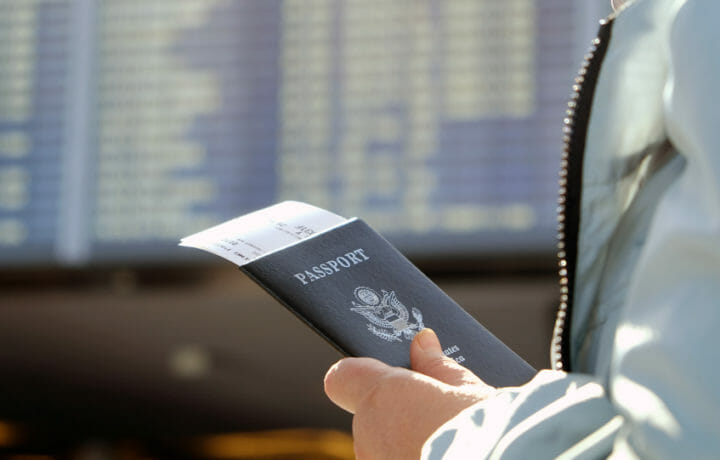As temperatures soar and schools across America let out for the summer, perhaps it’s finally time to take that overseas vacation you’ve been dreaming about for months.
But before you get packing, keep in mind that as a security clearance holder you have an additional step to complete before departing: self-reporting the travel to your security office and seeking pre-authorization.
The current requirements are set forth in Security Executive Agent Directive (SEAD)-3, which was issued in June 2017 and extends the rules about foreign travel reporting to all clearance-holders government-wide, no matter the level of security clearance they hold.
Of particular note, SEAD-3 authorizes federal agency heads and their designees to disapprove an unofficial (i.e. personal) foreign travel request when it is determined that the travel presents an unacceptable risk and the physical safety and security of the clearance holder or classified information cannot be reasonably ensured. In other words, you can probably rule out a seaside vacation in North Korea or a summer dacha in Russia.
Here are some other pertinent aspects of SEAD-3 that merit attention:
- Clearance holders must submit a formal itinerary for their travel to agency security officials and report any deviations from it within five (5) days of return. Unanticipated border crossings into any country not included on the itinerary are “discouraged” (but interestingly not “prohibited”).
- Travel to Puerto Rico, Guam, and other U.S. possessions and territories is not considered foreign travel and need not be reported.
- Unplanned day trips to Mexico or Canada must be reported within 5 days after returning.
- When required by the agency head or designee, a clearance holder traveling abroad must receive, prior to travel, a defensive security and counterintelligence briefing.
Clearance holders should keep in mind, however, that these are just some of the highlights pertaining to foreign travel – not an exhaustive list. For example, SEAD-3 also includes requirements and procedures for reporting foreign contacts made while traveling. The best plan is to know before you go. Carefully read SEAD-3 and contact your security manager with any questions.
This article is intended as general information only and should not be construed as legal advice. Consult an attorney regarding your specific situation.




